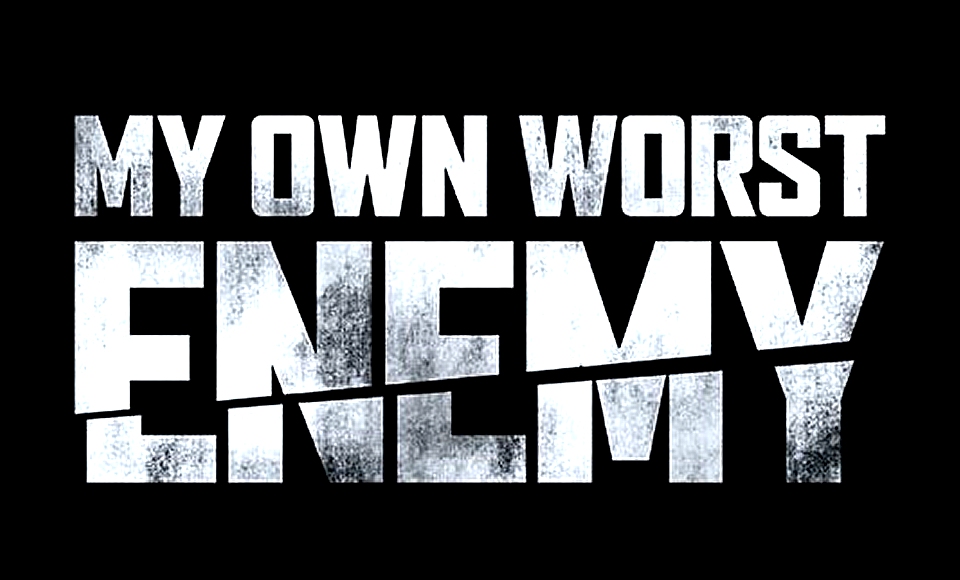In the pursuit of success and abundance, the ability to maintain focus emerges as a fundamental cornerstone. Let’s examine the detrimental impact of distractions, the power of focus in achieving goals, and practical strategies for cultivating this essential mindset. Supported by real-world examples and psychological insights, we delve into the transformative potential of honing one’s focus.
The Pitfalls of Bright Shiny Objects:
Bright, shiny objects or distractions often distract individuals from their path to success. Despite possessing various essential traits, the article posits that focus is the driving force behind them all. Real-world examples, such as the experiences of successful entrepreneurs, underscore the impact of focus in navigating challenges and achieving remarkable outcomes.
The Fear of Success:
Contrary to the widely acknowledged fear of failure, the fear of success is a powerful and subtle force that operates beneath the surface. Many individuals unknowingly grapple with this fear, preventing them from reaching their full potential. Understanding the fear of success requires delving into the comfort zones people construct throughout their lives.
Comfort Zones and Resistance to Change:
Individuals naturally seek comfort and familiarity in their lives, establishing routines, income levels, and social circles. The fear of success arises when the prospect of leaving this established comfort zone becomes daunting. The article highlights how ingrained habits and lifestyles create resistance to change, hindering personal and professional progress.
Procrastination as a Sabotaging Mechanism:
Procrastination often serves as a self-sabotaging mechanism fueled by the fear of success. Individuals may find themselves distracted and delaying crucial tasks, ultimately hindering their progress. The article draws attention to the paradox where individuals desiring success inadvertently sabotage their journey by succumbing to procrastination.
The Power of Unconscious Fears:
The fear of success operates at a subconscious level, making it a formidable obstacle to overcome. Many people remain unaware of this fear, complicating efforts to address and conquer it. The article underscores the significance of awareness, acknowledging that half or more of the battle lies in recognizing the hidden fears that impede personal and professional growth.
Rooting Out the Fear:
To combat the fear of success, the article advocates for heightened self-awareness. Individuals are encouraged to identify and confront the subconscious barriers that prevent them from embracing success. By recognizing success-related fears, individuals can dismantle the mental roadblocks and pave the way for transformative personal and professional development.
Identifying Long-Desired Goals:
Take a moment to reflect on what you have yearned to do or learn for an extended period. Whether it’s acquiring a new skill, pursuing a hobby, or mastering a particular subject, this exercise encourages individuals to delve into their aspirations that have lingered in the background.
Examples:
Learning a Musical Instrument: Perhaps you’ve always wanted to play a musical instrument, such as the guitar or piano. Despite the desire, the lack of focused effort might have hindered progress in acquiring this skill.
Mastering a Programming Language: For those intrigued by the world of technology, mastering a programming language could be a longstanding goal. The exercise prompts individuals to consider whether the lack of focused learning has been a barrier to achieving proficiency.
Learning a New Language: Many individuals aspire to become fluent in a new language. However, the absence of concentrated effort in language learning may have impeded progress.
The Power of Focus:
The exercise emphasizes that the inability to accomplish these desires is not due to inherent limitations but rather a lack of focused dedication. By redirecting attention and energy toward specific goals, individuals can unlock the potential to achieve remarkable outcomes in surprisingly brief timeframes.
Data and Supporting Evidence:
Research indicates that focused learning enhances skill acquisition and proficiency. Studies have shown that concentrated efforts on a single task or goal lead to more effective learning outcomes.
Moreover, successful individuals often attribute their achievements to unwavering focus on their goals. Examples include entrepreneurs who mastered a specific skill through dedicated focus, demonstrating the correlation between concentration and success.
The Need for Strategic Time Management:
In the hustle and bustle of daily life, assessing how time is allocated can be a revelatory exercise. This reflection brings attention to the often unnoticed moments spent on non-contributory tasks, urging individuals to consider the impact on their progress, success, and overall income. Examining this phenomenon unveils the necessity for strategic time management to enhance productivity and achieve meaningful outcomes.
Uncovering Time-Consuming Habits:
This exercise prompts individuals to introspect and evaluate the daily activities that may not contribute significantly to personal or professional advancement. Common culprits include:
- Excessive email checking.
- Extended Skype conversations.
- Scrolling through social media feeds.
- Indulging in humorous videos.
While these activities may offer short-term entertainment, they can become significant time sinks, hindering overall productivity.
Examples:
Social Media Engagement: Studies show that the average person spends a substantial amount of time on social media platforms daily, with the potential for it to impact productivity negatively (Reference: Insert relevant study on social media usage and productivity).
Email Overload: Excessive email checking and prolonged engagement in email correspondence have been linked to decreased productivity in various professional settings (Reference: Insert relevant study on email-related productivity challenges).
The Toll on Overall Achievement:
Continual engagement in non-contributory activities throughout the day has a cumulative effect, resulting in exhaustion and minimal accomplishment by the day’s end. The prevalence of these habits can impede personal and professional progress, ultimately hindering success.
Data and Supporting Evidence:
Studies on time management consistently emphasize the importance of focusing on tasks that contribute to long-term goals. Research indicates that strategic allocation of time to meaningful activities enhances overall productivity (Reference: Insert relevant study on time management and productivity).
The concept of accountability further reinforces the need for strategic time management. Engaging with an accountability partner has been proven effective in maintaining focus and achieving specific tasks within set deadlines.
The Time Audit: Evaluating Productivity:
Conduct a time audit, tracking daily activities contributing to progress, success, and income. Note your tendency to engage in unproductive tasks like checking emails or browsing social media. Be more accountable to yourself and, consider an accountability partner, focus on tasks that genuinely propel you forward.








